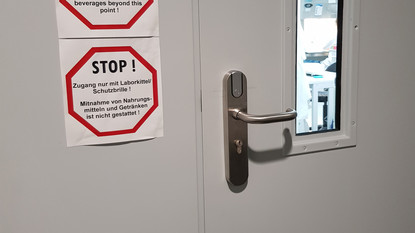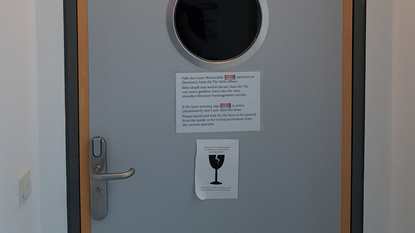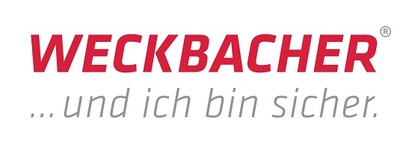The Max Planck Institute
Mechatronic locking system in use at the Max Planck Institute of Molecular PhysiologyAn international team of scientists from more than 30 nations carries out research of fundamental physical and biochemical processes at molecular levels in cells. The approx. 150 researchers (biologists, chemists, physicists and theorists) are engaged in interdisciplinary work.
In existence for over a century, the Institute’s focus has changed from human nutrition to research of the cellular metabolism.
An electronic locking system safeguards critical areas
Tailored access for all areas
The MPI researchers and scientists are investigating physical and biochemical processes in cells, tissues and organs of all creatures. As an example, the researchers try to answer questions such as how trillions of cells in the human body enable us to talk and move. They also do research into the reasons for cell changes which lead to medical conditions like cancer and what kind of agents can be used for treatment.
Naturally, only experts are allowed to access the labs. There are substantial dangers for unauthorised people. In some labs, researchers work with radioactive substances or with laser technology. For some of the work places increased security levels apply which require compliance with the respective security measures. The devices which the researchers work with are very sensitive and expensive, and inappropriate use can result in them causing hazards. Therefore, the research work needs to be well secured.
Electronic handle sets regulate access
Tailored access for all areasCES OMEGA FLEX handle sets have been installed on the lab doors because they are easy to use and have a high level of functionality. The handle sets are programmed and managed online, and the existing LEGIC cards of the Max Planck Institute can be read without difficulty. For extensive buildings with changing access authorisations, such as the labs at the MPI, online management offers the highest convenience. Should a scientist loose his/her identification medium, the Facility Manager can react quickly.
Via software and wireless online network, he or she informs the locking device that the authorisation for the lost medium has been revoked, and issues a new access medium to the scientist.
In addition, mechanical cylinders in the handle sets allow for emergency openings.

Combination with a mechanical locking system
A stable key opens lecture halls, seminar rooms and libraries
The rooms where the newly-acquired knowledge is to be shared or discussed – the seminar rooms, lecture halls and libraries – are protected by a mechanical locking system. The group of people who are authorised to open and close these doors is smaller and does not change frequently. The CES TDU system with 3D profile and undercut was selected for this reason. Moreover, the robust key was persuasive for the users.
Realisation
The custom-made locking solution for the Max Planck Institute of Molecular Physiology (abbreviated to: MPI) required genuine basic research. The MPI Facility Management asked CES security partner Weckbacher to find an appropriate access solution for the various areas of the Institute.
The requirements not only comprised aspects such as security and comfortable usage, but rather also cost-efficiency and retaining existing fire-protection approvals.


